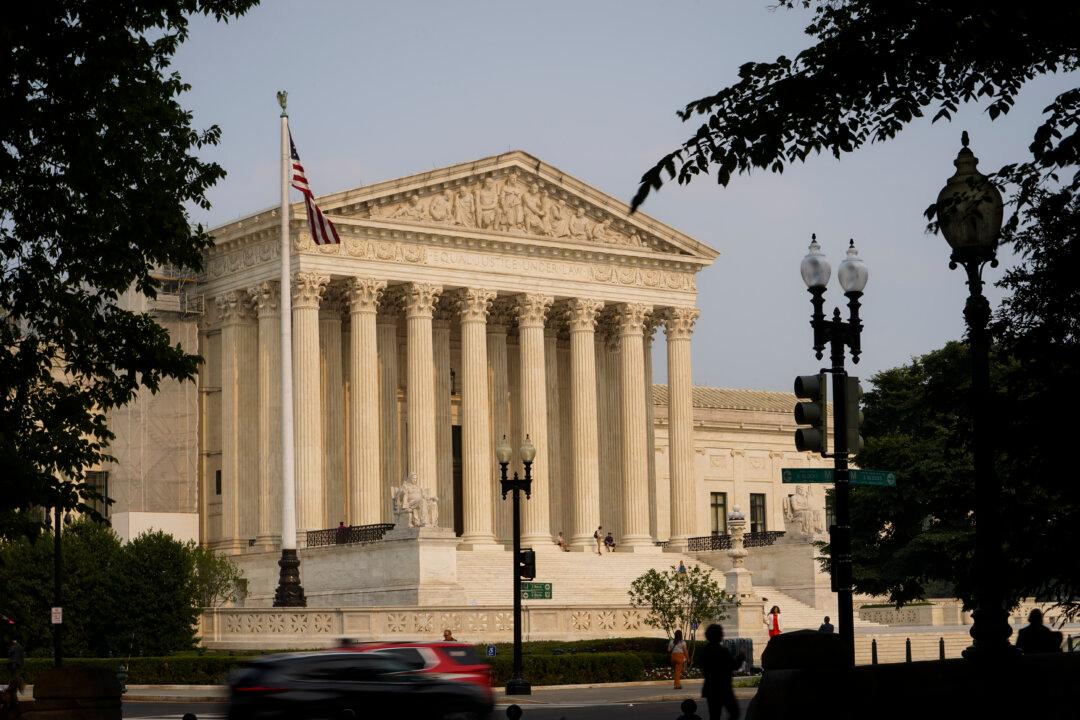The U.S. Supreme Court is always busy making decisions that affect many people. Rulings made in recent days will impact a lot more with regard to their personal finances. Three of these decisions could affect many more people, particularly those with bank accounts, past-due mortgage payments, and student loans.
Permission Is Not Needed to Look at Your Bank Records
In the Supreme Court case Polselli v. IRS involving $2 million owed to the Internal Revenue Service (IRS), the tax agency summoned the banks holding Remo Polselli’s accounts for bank account information. They owed $2 million in back taxes, but were never informed about the investigation and sued the IRS when they discovered it.The IRS won the lawsuit, enabling the agency to spy on people’s finances. Its power now goes beyond getting the bank records of those who owe money, and can now can also spy on people who owe back taxes, including your family members, friends, and associates.






